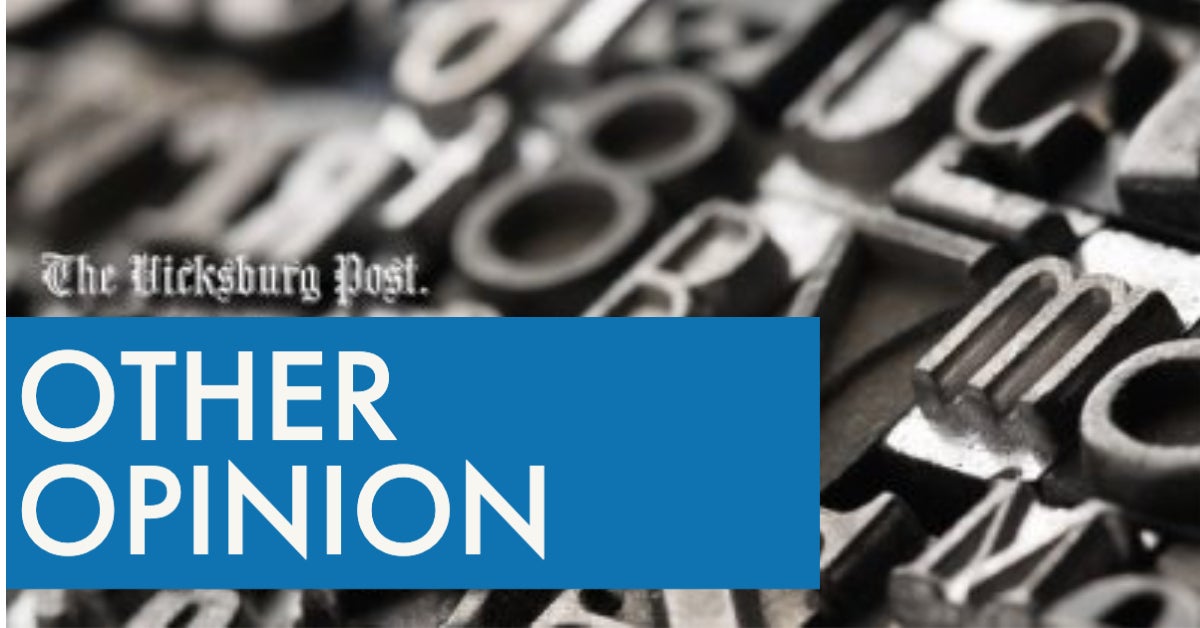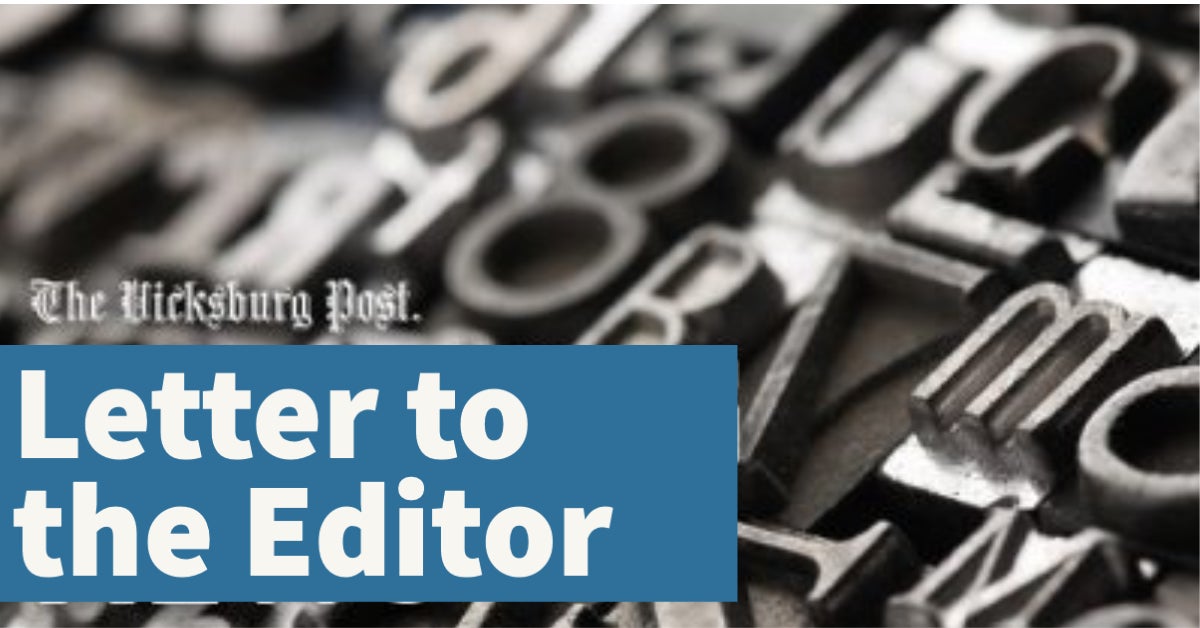OTHER OPINION: Attempts to ban books often target the marginalized
Published 8:00 am Wednesday, October 12, 2022
The debate over whether certain books can be banned because of their controversial subject matter is hardly new. Almost as long as there have been books, there have been those who sought to suppress ideas expressed in books they find objectionable. In the United States, that practice predates the founding of the country. In 1637, the Puritans who dominated New England banned a book by an English businessman critical of the Puritan movements.
Over the ensuing years, some of what is now recognized as the great works of literature have, from time to time, been banned. Works by Mark Twain, Shakespeare, Harper Lee, F. Scott Fitzgerald, John Steinbeck, James Joyce, Alice Walker, Toni Morrison and countless others were at one time or another deemed too dangerous, subversive or vulgar for consumption. Also on that list was Ray Bradbury’s “Fahrenheit 451,” ironically a book about banning/burning books.
Since the 1980s, the American Library Association has held a Banned Book Week each year to call attention to the issue and the often absurd justifications used to ban even some of the most innocuous, innocent books in circulation.
As this year’s Banned Book Week concludes, we note the impulse to take books off the shelves of school libraries and reading lists have seen a surge. Book bans accelerated across the United States during the 2021-2022 school year, largely because of advocacy groups that called on public schools to remove more than 1,600 titles, the writers’ group PEN America said on Monday.
There were 2,532 separate book bans affecting 1,648 titles at 5,000 schools with 4 million students, according to the report. The research found 1,000 more book bans than were documented in the group’s initial April report.
Books dealing with LGBT make up five of the top 10 most targeted books according to the ALA.
It is our position that parents should have the primary responsibility to determine what ideas their children are exposed to, not special interest groups.
History shows us that when books are banned, the target is almost always an attack on the marginalized, the demonized, the underserved and misunderstood of our society.
When people do not see themselves, their realities, their humanity in literature, movies and TV, it enhances their sense of isolation and creates a false sense of reality. It subjugates the subjugated.
That is the argument the great Black author James Baldwin made in his famous debate with conservative writer William F. Buckley in a 1965 debate at Cambridge University in London.
“It comes as a great shock when at the age of 5 or 6 or 7 when Gary Cooper is killing off the Indians, and you’re rooting for Gary Cooper, to learn that the Indians are you,” Baldwin said.
What we should value most in our nation is an idea not common throughout the world, that access to the world of ideas and the liberty to say what we want, read what we want, believe what we want is a personal freedom not to be abridged.
Banning books is a violation of that idea.
Originally Published in The Columbus Dispatch.






